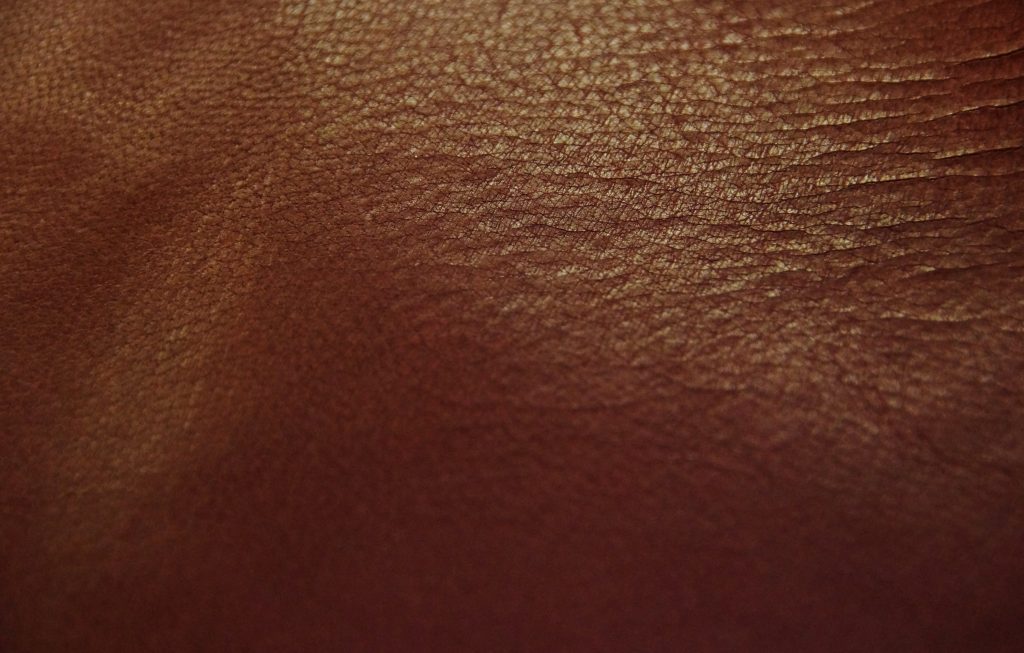Growing up in a country that is not considered one’s motherland jumpstarts a journey of self-reflection. Whether we classify ourselves as Indo-Caribbean, American Indo-Caribbean, mixed Indo-Caribbean, British Indo-Caribbean, etc., we all have various hues of brown. It is the brown melanin that carries the history, struggle, and even the seeds of new beginnings. Though our ancestors took a different path from the South Asian diaspora at large, that does not make us less brown. We have created our own identity, and we are just as brown. I have heard people say that Indo-Caribbeans are “less brown” because some do not speak Hindi, live in India, or carry a certain stereotypical demeanor to make us seem “brown.”
Yes, we may be different, but we carry our own uniqueness and stories. My poem, “I Am Brown,” is much more than questioning what makes us brown. It’s about accepting our differences that shape our own identity and validating that we are not less.
I am Brown
Plantations
Caramelized my skin
The sugar
Sweetened my roots
I am brown
Chutney
Danced on my tongue
The songs
Spice up my soul
I am brown
Tassa
Cries of the dhol
Vibrations
Shiver through the jhal
I am brown
Pray
Devotion onto a land
Where bhajans sing
No caste at hand
I am brown
Fruits
Sweet to the core
Taste
New beginnings at the seashore
I am brown
Identity
passed from nanny and nana
Once in India
Found peace in Trinidad and Guyana
I am just as brown.





